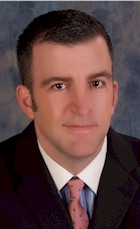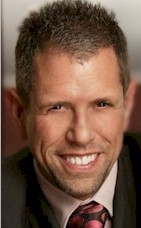
Experiential marketing offers a way of integrating hotel operations with marketing efforts in order to fit into the modern paradigm of how consumers discover new products as well as how guests broadcast their brand advocacies. In essence, it's a system of integrating the onsite and online property experiences as well as the nurturing of guests so that they can act as pundits on a hotel's behalf. Experiential marketing offers hoteliers a best practices approach to fully exploit a great hospitality experience, turning it all into an engine for lasting results. READ MORE
















